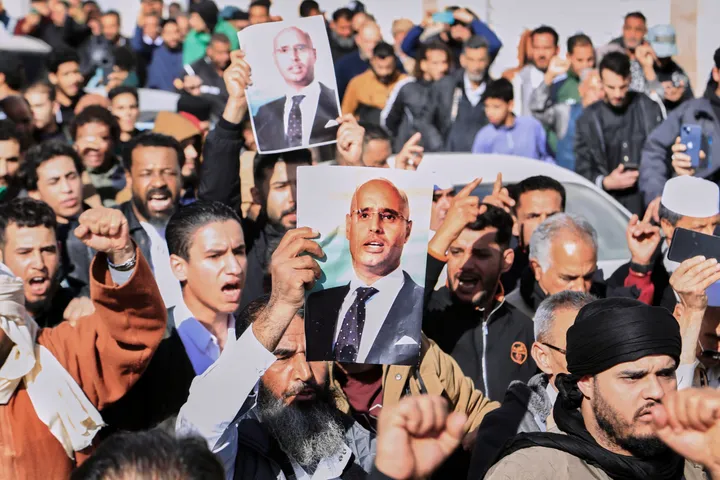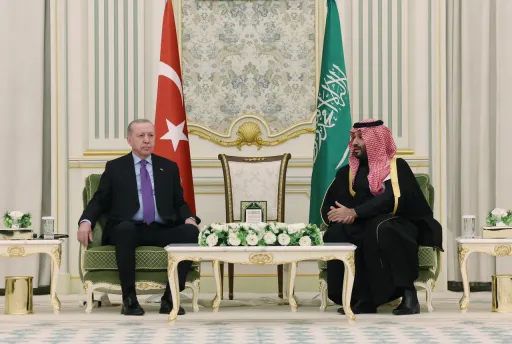Djibouti is entering a critical political season, with foundational moves in both its legislative and party structures poised to shape the landscape ahead of the nation’s presidential elections in April 2026.
The country’s national assembly is scheduled to hold a high-stakes vote on constitutional revisions this weekend, an event immediately followed by an extraordinary congress of the long-ruling Rassemblement Populaire pour le Progrès (RPP) party in early November.
This strategic sequencing signals a period of significant institutional alignment as the country’s political establishment prepares for the upcoming electoral cycle.
The legislative push began in earnest on Wednesday as the national assembly resumed its ordinary session, attended by Prime Minister Abdoulkader Kamil Mohamed and members of his cabinet.
At the session’s conclusion, Speaker Dileita Mohamed Dileita announced the extraordinary session for Sunday, October 26, dedicated solely to debating and voting on the proposed constitutional amendments.
Underscoring the gravity of the proceedings, the speaker emphasized that the vote must meet strict legal thresholds for quorum and majority to ensure the legitimacy of the outcome.
The contents of the proposed revisions have not been made public, but their timing has fueled speculation about their potential impact on the 2026 presidential race.
“This constitutional revision represents a contemporary and major moment in the political and institutional history of our Republic,” Speaker Dileita stated, urging lawmakers to demonstrate “exemplary commitment” to the process.
Closely following the parliamentary vote, the RPP, which is the dominant force in Djiboutian politics since its founding in 1979, will convene an extraordinary congress on November 8 at the Palais du Peuple.
The congress is being framed as a decisive moment for the party’s leadership and its grassroots members to consolidate their strategy ahead of the election.
The gathering will be chaired by President Ismail Omar Guelleh, who has simultaneously led both the country and the RPP since 1999.
The party’s entire senior leadership is expected to attend, including Prime Minister Abdoulkader Kamil Mohamed, who serves as the RPP’s vice-president, and Ilyas Moussa Dawaleh, the party’s influential secretary-general.
As the leading party within the ruling Union for the Presidential Majority (UMP) coalition, the decisions made at this congress will have far-reaching implications for the country’s political direction.
The outcomes of the constitutional vote on Sunday will undoubtedly shape the agenda and tenor of the party’s discussions just two weeks later.























